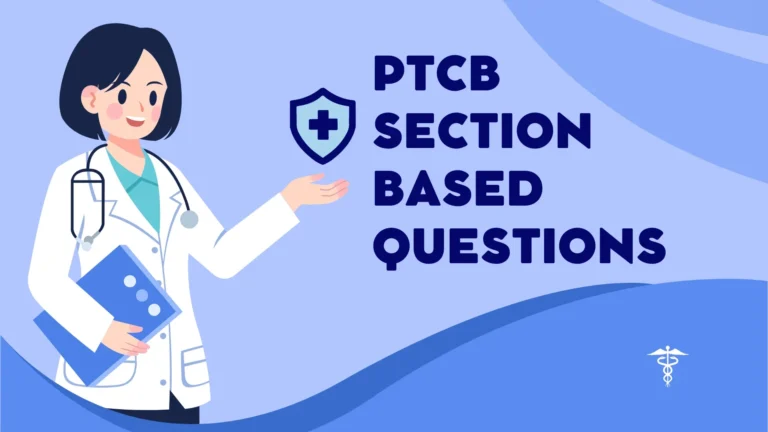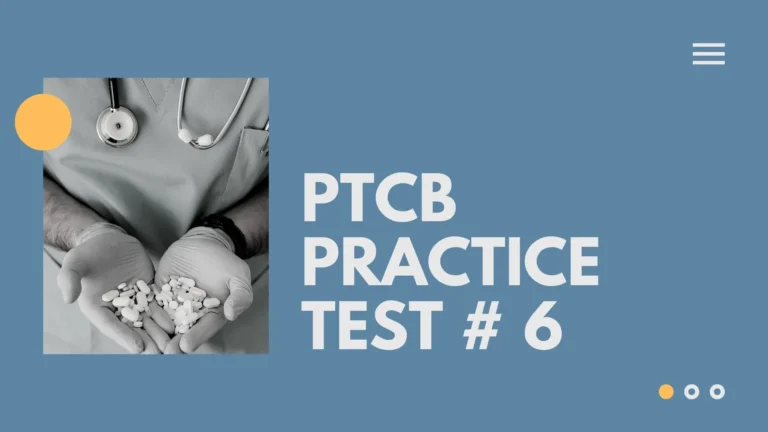Free CNA Practice Exam 2
The CNA Biology practice test is a vigorous resource for nursing students, serving as a tool to prepare for licensure examinations and foster a deeper understanding of biological principles. As the healthcare field demands a robust understanding of biology, especially about human health and disease, utilizing CNA practice tests can greatly enhance a student’s knowledge and readiness for clinical practice.
What sort of significance does biology offer in nursing?
Biology is essential to nursing education, as it delivers the essential knowledge required to understand the human body, its purposes, and the biological courses that underlie health and disease. Concepts such as cellular biology, genetics, microbiology, and human physiology are integral to nursing practice. Nurses must be fortified to assess patient conditions, understand disease mechanisms, and tool correct interventions, all of which are ingrained in biological principles.
Given the breadth and complexity of biology, mastering these concepts is critical. The CNA Biology practice test helps students solidify their understanding and prepare for the challenges they will face in both academic and clinical settings.
Structure of the CNA Biology Practice Test
The CNA Biology practice test is designed to mirror the format and content of the actual CNA exams. It typically consists of multiple-choice questions that cover a wide array of biological topics, including:
- Cell Biology: Understanding cellular structure, function, and processes such as mitosis and meiosis.
- Genetics: Key concepts of inheritance, genetic variation, and the role of DNA and RNA in heredity.
- Human Anatomy and Physiology: Fundamental knowledge of body systems, their functions, and interrelationships.
- Microbiology: Understanding pathogens, immune responses, and the principles of infection control.
Benefits of Using the CNA Biology Practice Test
- Comprehensive Self-Assessment: The CNA practice test serves as a powerful self-assessment tool. By evaluating their performance, students can identify areas of strength and weakness, allowing them to tailor their study strategies accordingly. This targeted approach maximizes the efficiency of study time.
- Familiarity with Exam Format: Taking practice tests helps students become accustomed to the structure and timing of the CNA. Familiarity with the testing format can alleviate anxiety and improve performance, as students feel more prepared and confident on exam day.
- Reinforcement of Key Concepts: Engaging with practice questions reinforces essential biological concepts. The act of recalling information in a test format strengthens memory retention, making it easier for students to apply their knowledge during both exams and clinical practice.
- Development of Critical Thinking Skills: Many questions in the CNA Biology practice test require students to apply their knowledge to real-world scenarios. This focus on critical thinking is vital for nursing, where clinical judgment and decision-making are paramount.
- Confidence Building: Completing practice tests can significantly boost students’ confidence. The more practice students get, the more they feel prepared to tackle the actual exam, leading to improved performance and reduced test anxiety.
As a result
The CNA Biology practice test is an indispensable tool for nursing students seeking to master the biological concepts essential for their future careers. By providing a structured approach to assessment and reinforcing key knowledge, these practice tests significantly enhance students’ preparedness for licensure examinations and clinical practice. As the healthcare landscape continues to evolve, the importance of a solid biological foundation cannot be overstated. Through dedicated practice and effective study strategies, students can cultivate the skills and confidence necessary to succeed in their nursing education and beyond. Embracing the CNA Biology practice test as part of a comprehensive study plan will ultimately lead to improved academic performance and better patient care outcomes in the future.


